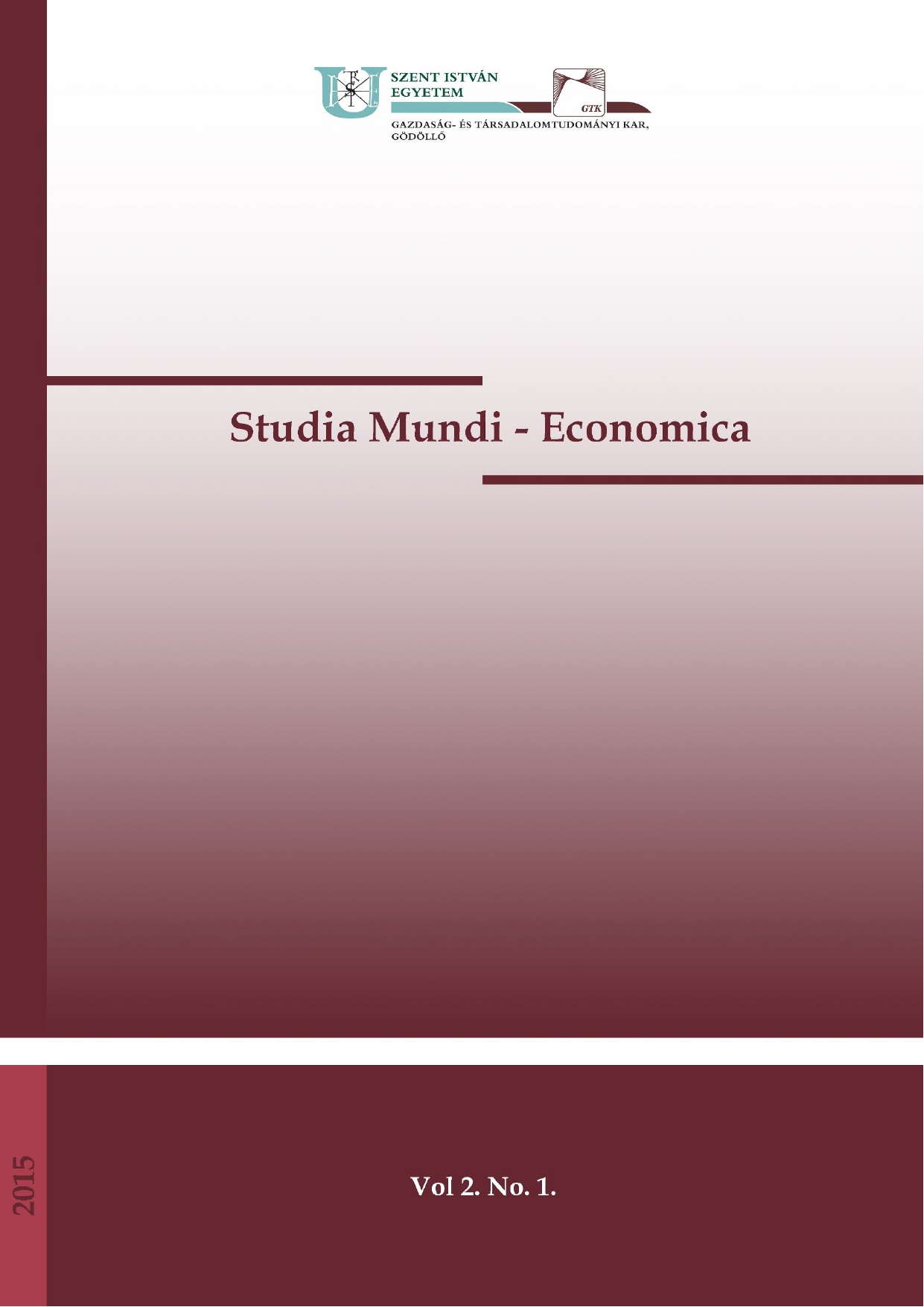I sent you a friend request on facebook – the outsider of the community
DOI:
https://doi.org/10.18531/Studia.Mundi.2015.02.01.1-10Keywords:
Facebook, bizalom, közösségi média, ismerős szerzésAbstract
In December 2014 I made a research on the biggest social media platform, Facebook. The aim of the research was how does people from a community respond to friend requests from a stranger. First my fictitious character was totally unknown to the people who I sent friend request, but later there were lot of common friends, which helped to improve the number of friends. The trust toward my character was mostly based on this factor. During the research I had managed to get 1078 “friends”. 94.34% of them accepted the friend request without any conversation. Only 3.34% of them asked “how do we know each other?”. 3.49% of them even said happy birthday to my character. 79.12% of the those who had received the friend request accepted it.
References
R. Dunbar: How Many Friends Does One Person Need? Dunbar’s Number and Other Evolutionary Quirks, Harvard University Press, ISBN 9780674057166, November, 2010 DOI: http://dx.doi.org/10.1525/abt.2011.73.7.11
Y. Boshmaf –I. Muslukhov – K. Beznosov – M. Ripeanu: The social bot network: when bots socialize for fame and money. In Proceedings of the 27th Annual Computer Security Applications Conference, pp 93-102. ACM, 2011 DOI: http://dx.doi.org/10.1145/2076732.2076746
M. Fire – D. Kagan– A. Elyashar – Y. Elovici: Friend or Foe? Fake Profile Identification in Online Social Networks, Telekom Innovation Systems Engineering, Ben Gurion University, 2014
I. Kahanda – J. Neville: Using transactional information to predict link strength in online social networks. In Proceedings of the Third International Conference on Weblogs and Social Media (ICWSM), 2009
S. Leow: You don’t know me but I can be your friend? Accepting strangers as friends in Facebook, University of North Texas, 2009 online elérhetőség: http://digital.library.unt.edu/ark:/67531/metadc12152/m2/1/high_res_d/thesis.pdf
M. Knowles – S. Hirschfeld Lee – M. O’Riordan – R. Lazebnik: Risk of Social Media for Teens in an Urban Setting, Global Pediatric Health, January-December 2014: 1-4, SAGE, online elérhetőség: http://gph.sagepub.com/content/1/2333794X14561656.full.pdf+html
Facebook, Inc. (NASDAQ: FB): Facebook Reports Third Quarter 2014 Results, Menlo Park, California, Oct. 28. 2014
United States Securities And Exchange Commission (Washington, D.C. 20549), Form 10-Q, Quarterly Report Pursuant to Section 13 or15(d) of the Securities Exchange Act of 1934 for the quarterly period ended June 30, 2014 Facebook, Inc., online elérhetőség: http://investor.fb.com/secfiling.cfm?filingID=1326801-14-32
Downloads
Published
Issue
Section
License
Copyright (c) 2022 Boda Márton Attila

This work is licensed under a Creative Commons Attribution-NonCommercial-NoDerivatives 4.0 International License.
A folyóirat Open Access (Gold). Cikkeire a Creative Commons 4.0 standard licenc alábbi típusa vonatkozik: CC-BY-NC-ND-4.0. Ennek értelmében a mű szabadon másolható, terjeszthető, bemutatható és előadható, azonban nem használható fel kereskedelmi célokra (NC), továbbá nem módosítható és nem készíthető belőle átdolgozás, származékos mű (ND). A licenc alapján a szerző vagy a jogosult által meghatározott módon fel kell tüntetni a szerző nevét és a szerzői mű címét (BY).






